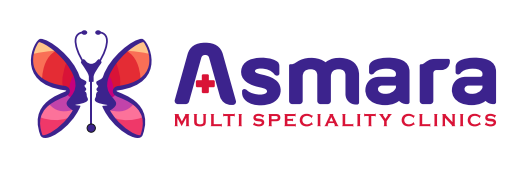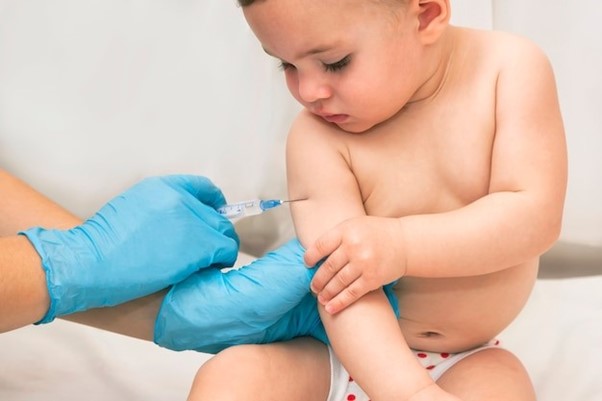Childhood vaccinations are one of the most important things you can do to protect your child from serious diseases. Vaccines work by exposing your child to a weakened or inactive form of a virus or bacteria, which helps their body build immunity to the disease.
Why Are Childhood Vaccinations So Important?
Childhood vaccinations are important because they can help protect your child from a variety of serious diseases, including:
- Measles
- Mumps
- Rubella
- Polio
- Diphtheria
- Tetanus
- Pertussis (whooping cough)
- Hepatitis A
- Hepatitis B
- Haemophilus influenzae type b (Hib)
- Pneumococcal disease
- Rotavirus
- Varicella (chickenpox)
These diseases can cause serious complications, including hospitalization and death. In some cases, they can even lead to long-term disabilities.
What Are the Different Types of Childhood Vaccinations Available?
There are many different types of childhood vaccinations available. The specific vaccines that your child needs will depend on their age and health history. However, all children should receive the following vaccinations:
Measles, mumps, and rubella (MMR) vaccine: This vaccine protects against measles, mumps, and rubella.
Polio vaccine: This vaccine protects against polio.
Diphtheria, tetanus, and pertussis (DTaP) vaccine: This vaccine protects against diphtheria, tetanus, and pertussis.
Hepatitis A vaccine: This vaccine protects against hepatitis A, a viral infection that can damage the liver.
Hepatitis B vaccine: This vaccine protects against hepatitis B, a viral infection that can damage the liver.
Haemophilus influenzae type b (Hib) vaccine: This vaccine protects against Hib, a bacteria that can cause meningitis and pneumonia.
Pneumococcal conjugate vaccine (PCV13): This vaccine protects against 13 types of pneumococcal bacteria, which can cause pneumonia, meningitis, and other serious infections.
Rotavirus vaccine: This vaccine protects against rotavirus, a virus that causes diarrhea and vomiting.
Varicella (chickenpox) vaccine: This vaccine protects against chickenpox.
When Should Your Child Get Vaccinated?
The Centers for Disease Control and Prevention (CDC) recommends a specific vaccination schedule for all children. This schedule is designed to protect children from serious diseases at the best possible time.
Your child’s doctor recommends a schedule depending on your child’s individual needs.
Addressing Mild Immunization Reactions in Children
- Fussiness, fever, and pain: Children may require extra care after vaccination. Shots protect against severe diseases but may cause temporary discomfort. This can manifest as fussiness, fever, or localized pain.
- Ensure your child drinks plenty of fluids.
- Dress your child lightly; avoid tight wrapping or covering.
- You can sponge your child with lukewarm (not cold) bathwater.
- For comfort, you can apply a clean, cool washcloth over the sore area as needed.
Childhood vaccinations are one of the most important things you can do to protect your child from serious diseases. Vaccines are safe and effective, and they have helped to save millions of lives. If you have any questions or concerns about childhood vaccinations, talk to your child’s doctor.


